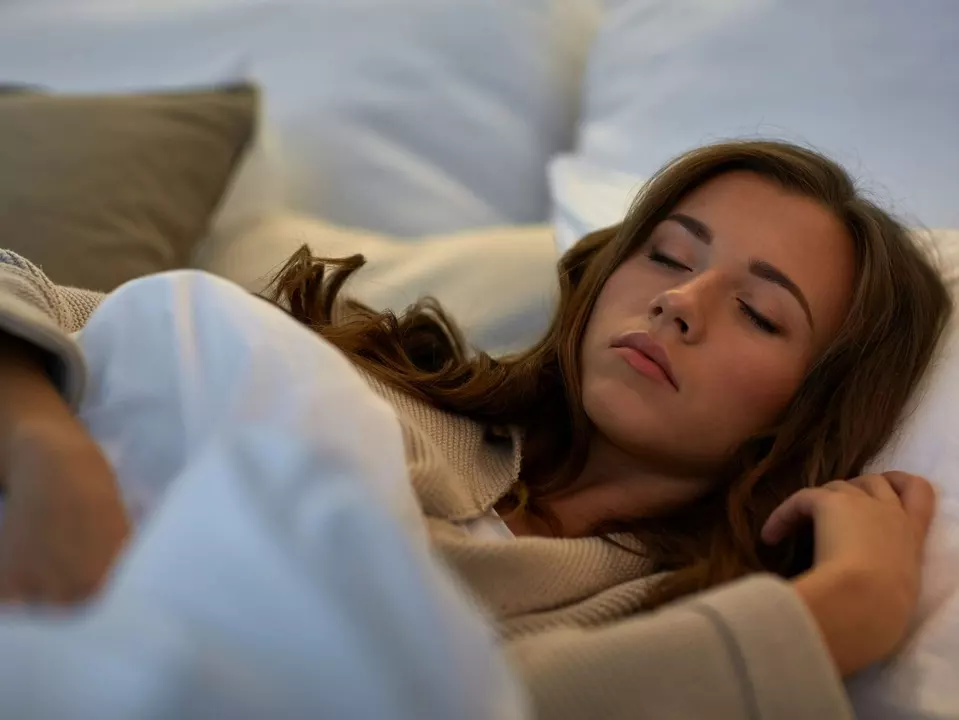Good Night's Rest: Simple, Practical Ways to Sleep Better
Sleeping badly wrecks your day faster than you think. You don't always need more hours—often, a few habit tweaks give you deeper, more refreshing sleep. Here are clear, usable steps you can try tonight.
Prepare your body and brain
Pick a sleep window and stick to it. Your body likes predictability: go to bed and wake up at the same time every day, even weekends. If your schedule shifts by more than an hour, your sleep quality drops.
Wind down for 30–60 minutes before bed. Do something quiet—read a paper book, stretch, or write down tomorrow’s to-dos. That prevents your brain from replaying the day when you lie down.
Watch caffeine and alcohol timing. Coffee after mid-afternoon can reduce sleep depth. Alcohol may help you fall asleep but fragments sleep later, so it’s not a fix for real rest.
Fix your bedroom for sleep
Make your room cool, dark, and quiet. Aim for 60–67°F (15–19°C) if you can. Use blackout curtains or a sleep mask, and consider a white-noise machine or fan for steady background sound.
Limit screens. Blue light tricks your brain into feeling awake. Switch phones to Do Not Disturb and use a dim bedside lamp instead of bright overhead light.
Keep your bed for sleep and sex only. Doing work or scrolling in bed trains your brain to link the mattress with activity, not rest.
Naps can help—but keep them short. A 10–30 minute nap early in the afternoon boosts alertness without wrecking nighttime sleep. Long or late naps make it harder to fall asleep later.
Move every day. Moderate exercise improves sleep quality, but avoid intense workouts within two hours of bedtime. Even a short evening walk helps digestion and signals winding down.
Think about food. Heavy meals right before bed can cause reflux or discomfort. A light snack with protein and healthy carbs—like yogurt and fruit—can curb hunger without upsetting sleep.
Supplements can help in some cases. Melatonin works best for shifting your internal clock—use small doses (0.25–1 mg) about an hour before bed. Magnesium or low-dose herbal options like valerian may aid relaxation for some people. Always check interactions with medications you take and talk to your doctor before starting anything new.
If you struggle despite good habits, track patterns for two weeks: sleep time, wake time, naps, caffeine, alcohol, and stress levels. That gives your doctor useful clues. Conditions like sleep apnea, restless legs, or medication side effects need a medical check.
Try one change at a time for a week. Small, consistent moves beat big overnight fixes. Better sleep is often a series of tiny wins—stick with the ones that work for you.
Want more on how meds and supplements affect sleep? Browse related guides on Blueskydrugs.com for straightforward info you can trust.




